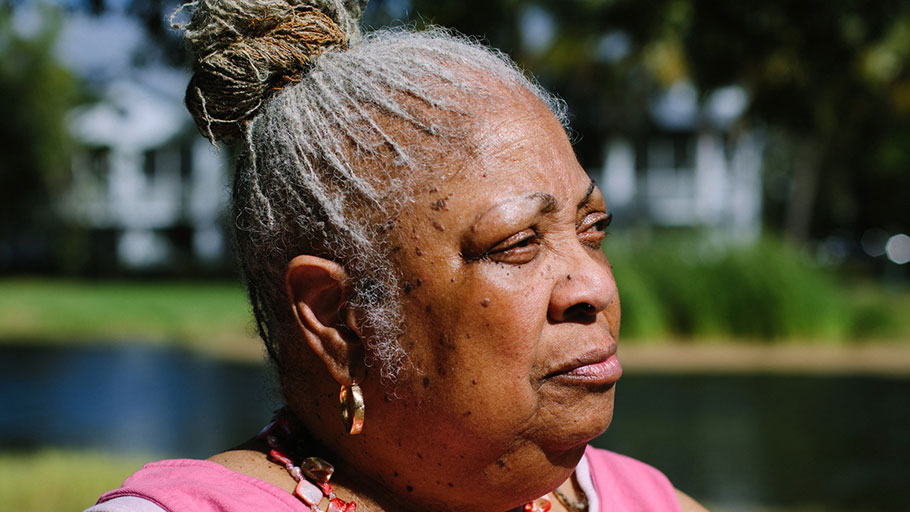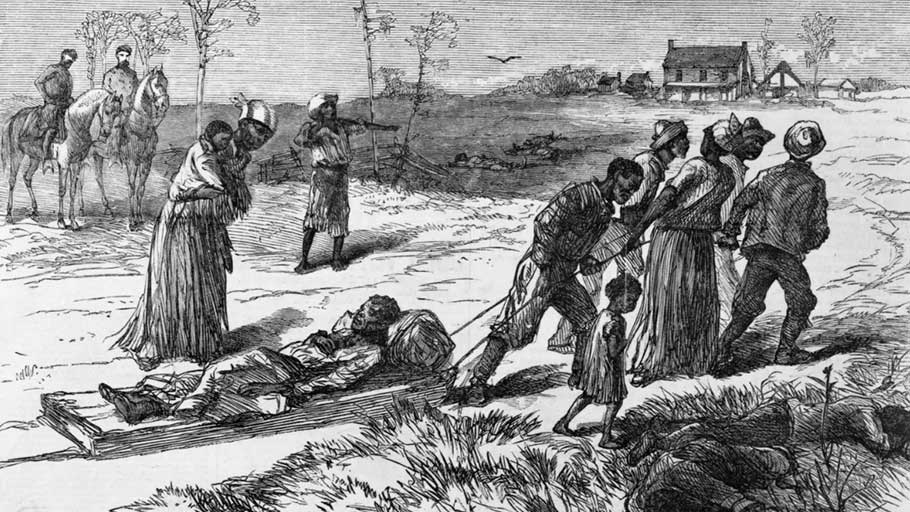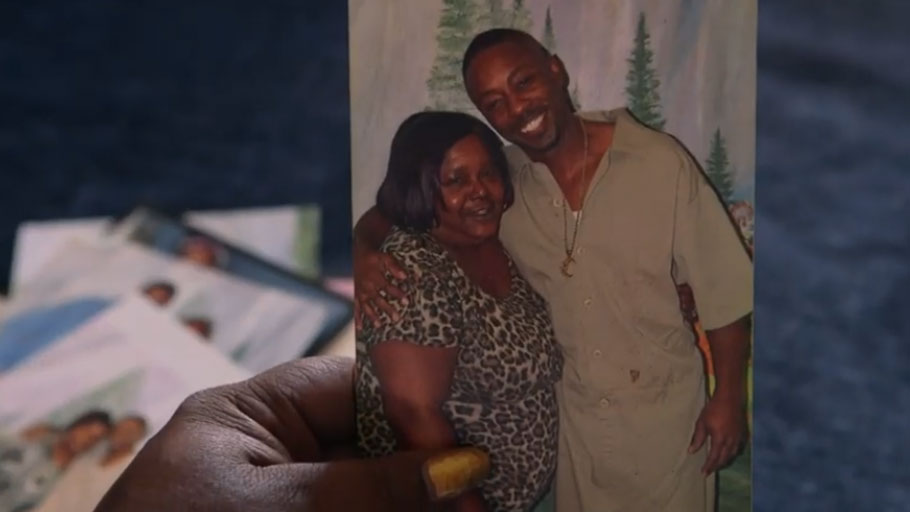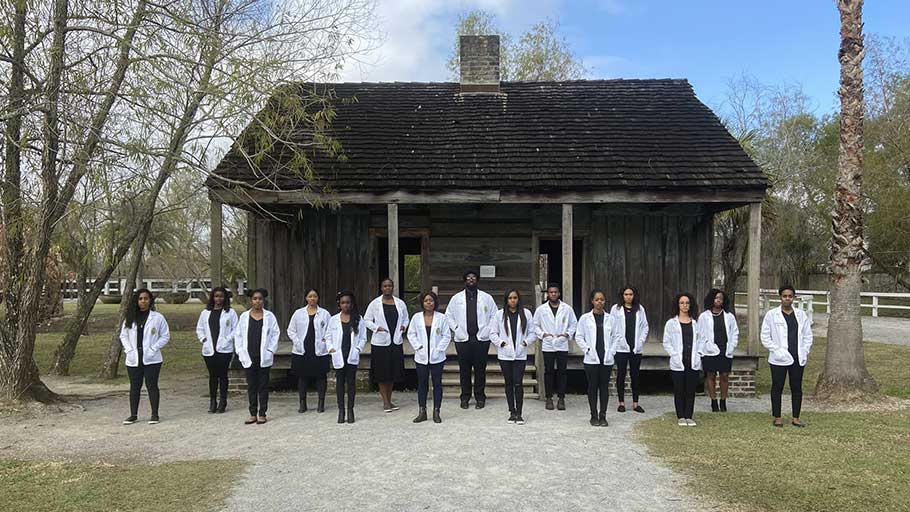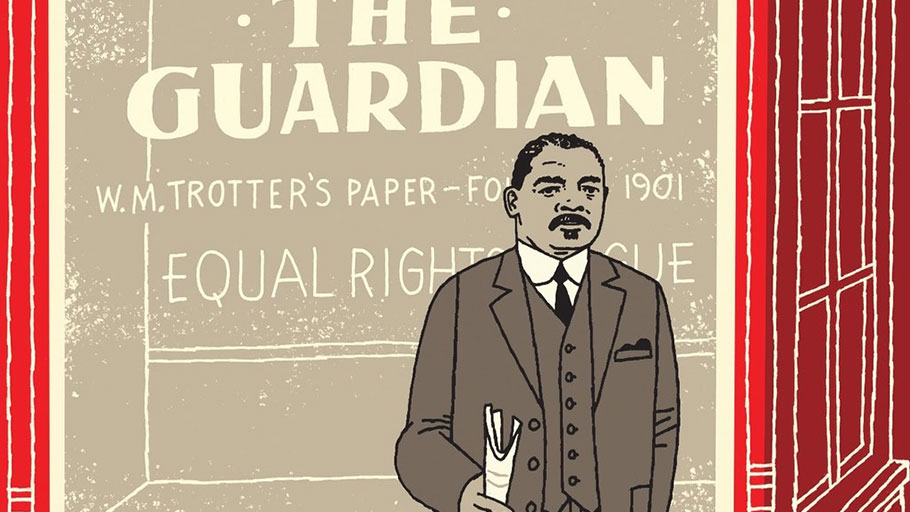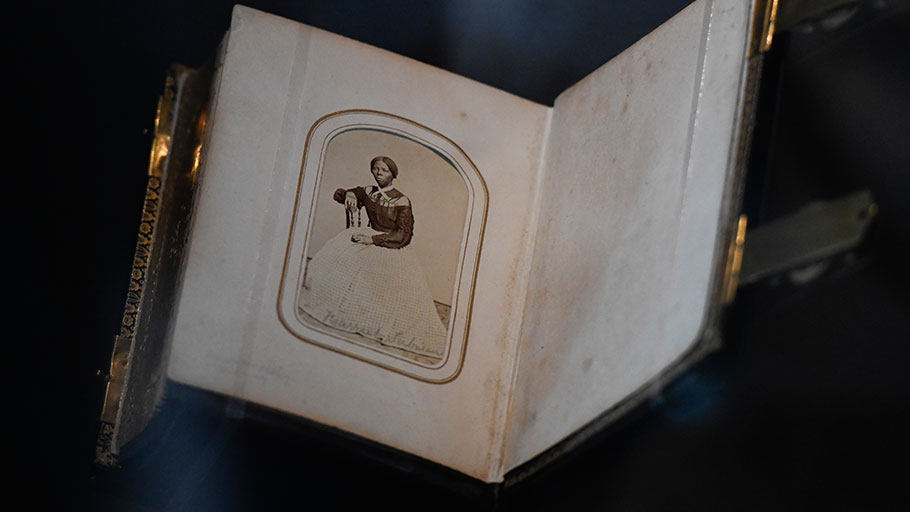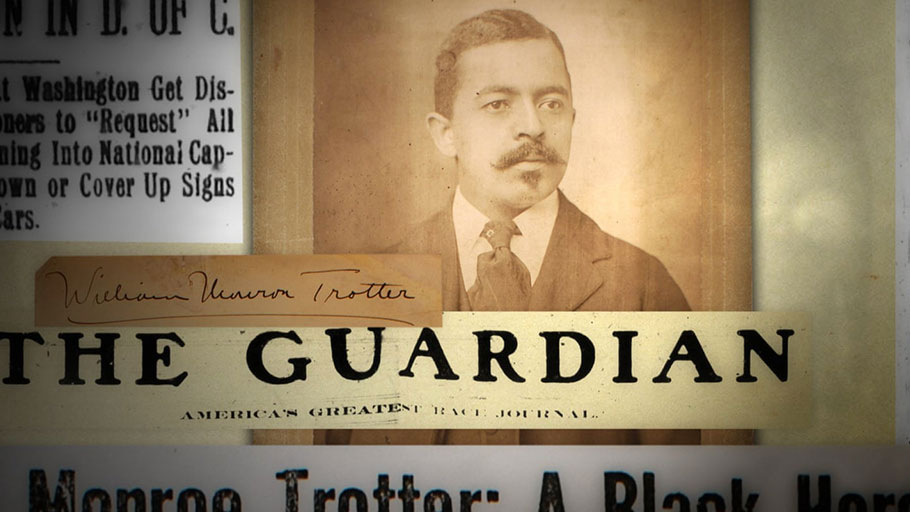
In 1901, William Trotter founded an other Guardian – the Boston Guardian – to ‘hold a mirror up to nature’. We could use something similar today, writes Kerri Greenidge. By Kerri Greenidge — In 1901, William Monroe Trotter founded the Guardian newspaper in Boston. At that time, the more famous Guardian – the one you’re now reading – was published in Manchester, and Trotter had never traveled further than Chillicothe, Ohio.…

